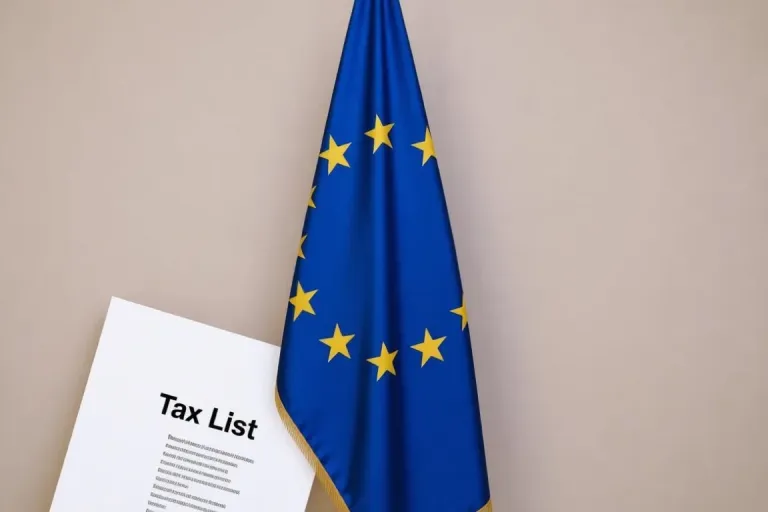Panamanian officials formally requested the country’s exclusion from European Union tax lists during a major international summit in Brussels. The nation’s Vice Minister of Multilateral Affairs and Cooperation, Carlos Guevara Mann, delivered the statement at the Fourth Summit of the Community of Latin American and Caribbean States and the European Union on Sunday, November 10.
Guevara Mann characterized the EU’s tax lists as discriminatory and a significant obstacle to normal international relations. He argued that overcoming this discrimination is essential for building stronger ties between the two regions based on mutual respect and shared values.
A Call for Respect and an End to Unilateral Lists
The vice minister’s speech emphasized the need for a cooperative partnership free from what Panama views as punitive and unilateral measures. He stated that these lists directly hinder the potential for a fluid and beneficial relationship between Latin America and Europe.
“Respect demands that the discriminatory lists imposed unilaterally cease, as they obstruct and prevent normality in our relations,” said Vice Minister Carlos Guevara Mann. [Translated from Spanish]
He advocated for a partnership that would allow both regions to build alliances and achieve joint benefits for their people. This diplomatic push comes as Panama seeks to improve its international standing on fiscal matters and attract more foreign investment to support development across america latina.
Shared Values and Panama’s Historical Role
Guevara Mann outlined several principles that he said unite Latin America, the Caribbean, and Europe. These include the rule of law, respect for territorial integrity, adherence to International Law, and neutrality. He specifically highlighted the importance of keeping international maritime passages, like the Panama Canal, open to navigation.
Multilateralism was a central theme of his address. The vice minister positioned it as a guiding principle of the international system that must be maintained and promoted. He reminded the audience of Panama’s historical connection to this concept.
The modern idea of multilateralism, he noted, originated in Panama during the Amphictyonic Congress of 1826. This event is considered a historical precursor to the United Nations and the Organization of American States. He framed this as a key contribution from the Latin American and Caribbean region to creating a rules-based, democratic, and cooperative international system.
The Economic Impact of EU Tax List Designation
Panama’s inclusion on the European Union non-cooperative tax jurisdictions list carries significant economic consequences. Being labeled as non-cooperative can lead to enhanced scrutiny of financial transactions, reputational damage, and potential defensive measures from EU member states.
This can deter foreign investment and complicate international banking relationships. For a global hub like Panama, which relies heavily on its service-based economy, removal from this list is a major economic and diplomatic priority. The country has undertaken several reforms in recent years to improve tax transparency and align with international standards.
The government argues its continued inclusion is unjustified given these efforts. Officials contend that the list is a political tool that unfairly targets certain jurisdictions.
Regional Solidarity and Humanitarian Stance
Beyond the tax list issue, Vice Minister Guevara Mann used the international platform to express Panama’s solidarity with regional neighbors. He specifically mentioned the peoples affected by Hurricane Melissa.
He highlighted that Panama has contributed humanitarian aid through a regional depot located within its territory. This statement underscored the country’s role as a cooperative partner in regional disaster response and stability, reinforcing its argument for being a responsible international actor.
Panama’s appeal at the CELAC-EU summit marks a significant step in its ongoing campaign to reshape its global financial image. The outcome of this diplomatic effort will be closely watched by investors and policymakers across both regions.



